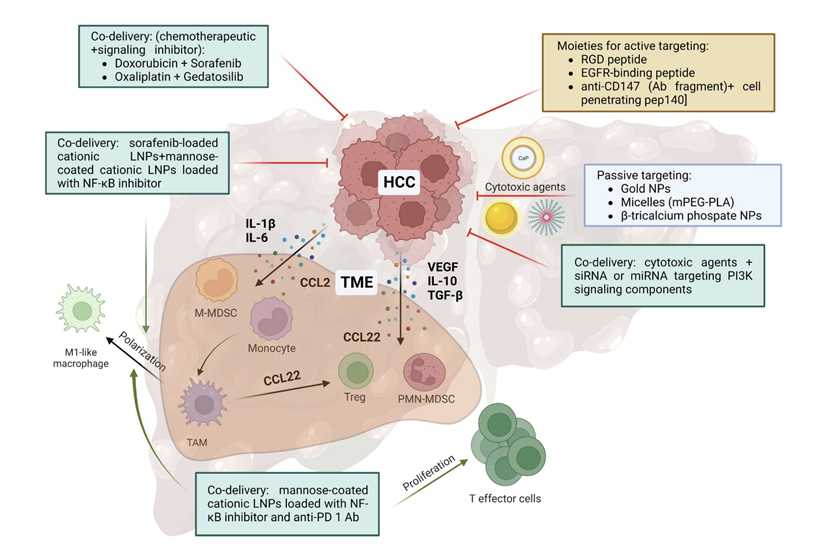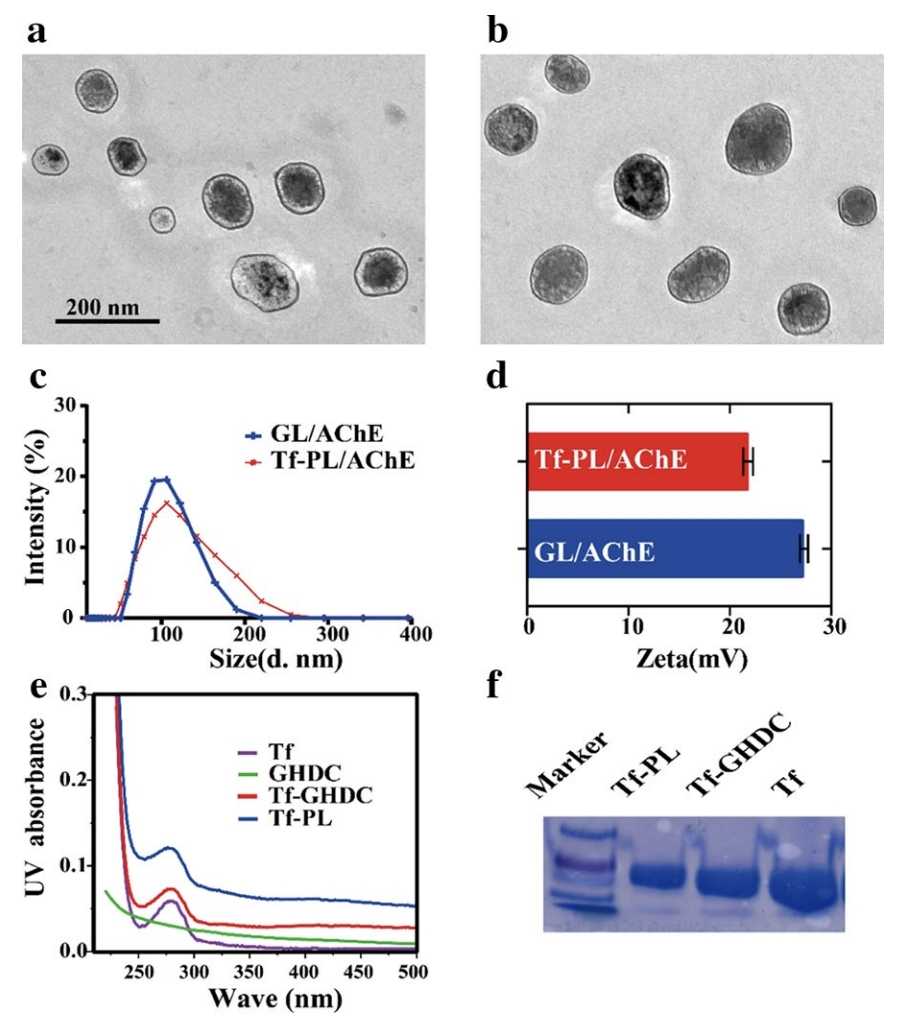Liver Targeting Antibody-coupled Liposome Development Service
Creative Biolabs offers a range of liposome formulations that can be tailored to encapsulate your specific drugs or therapeutics. Our service includes the conjugation of various antibodies to liver-targeting liposomes, ensuring targeted delivery to liver cells. We utilize advanced techniques to maintain antibody functionality while enhancing targeting capabilities.
Services
Creative Biolabs has developed a liver-targeting liposome system designed to specifically deliver drugs to the liver, thereby enhancing therapeutic efficacy and reducing systemic side effects. More importantly, we can offer liver-targeting antibody-coupled liposome development services based on different molecular recognition mechanisms. Our engineered liposomes can specifically identify certain antigens on the surface of liver cells, allowing for direct delivery of drugs to liver tumor cells while minimizing damage to normal cells.
Our liver-targeting liposomal antibody conjugate products are designed to significantly enhance drug concentration in the liver cancer microenvironment, thereby improving anti-tumor efficacy. This innovative technology not only allows for precise targeting of liver cancer cells but also effectively reduces side effects on normal tissues. Furthermore, our targeted delivery system can partially overcome drug resistance in liver cancer cells, enhancing the effectiveness of the treatment.
As the incidence of liver cancer and liver metastases continues to rise, the potential applications of our products in these areas are immense. Looking ahead, we remain committed to optimizing and refining this therapeutic approach to provide liver disease patients with more effective treatment options while advancing research related to liver cancer.
 Fig.1 Nanoformulation Liposomes For Liver Tumor Treatment.1,3
Fig.1 Nanoformulation Liposomes For Liver Tumor Treatment.1,3
Process
In our labs, we will select monoclonal antibodies that bind specifically to liver antigens. By reacting the antibodies with glutaraldehyde, we form a covalent bond through the amino groups on the antibodies. We will further optimize the conjugation efficiency by adjusting the pH, temperature, and coupling time while minimizing the loss of antibody activity. Methods such as dialysis or centrifugation will be utilized to remove free antibodies and other unreacted reagents, resulting in liver-targeted lipid-anti-body conjugates. Finally, we will characterize the liver-targeted lipid-antibody conjugates to confirm their integrity, biological activity, binding specificity, liver-targeting capability, and stability.
- Liposomes Preparation
Selection of Lipid Materials: Choose appropriate lipids (such as phospholipids, and cholesterol.) based on specific requirements, using either natural or synthetic lipids.
Employ techniques like film hydration, ultrasonic dispersion, or micro-precipitation to create liposomes, ensuring they exhibit desirable size and uniformity.
- Engineering Modification of Liposomes
Introduce targeting ligands (such as mitochondrial-targeting ligands or liver-specific ligands) on the surface of the liposomes to enhance their targeting ability towards liver cells.
Utilize high-pressure homogenization or ultrasonic treatment to achieve uniformity in liposome size and distribution.
- Selection and Conjugation of Antibodies
Select monoclonal or polyclonal antibodies that show strong specificity for liver cells.
Use chemical crosslinking agents (like EDC, NHS) to immobilize the antibodies on the surface of the liposomes.
- Purification and Characterization
Employ methods such as dialysis, ultrafiltration, or chromatography to remove unbound antibodies and other impurities, resulting in purified antibody-conjugated liposomes.
- Biological Activity Testing
Conduct cell-based studies to verify the targeting capability and cellular uptake efficiency of the antibody-conjugated liposomes.
Evaluate drug distribution and therapeutic efficacy in appropriate animal models.
 Fig.2 Tf Liposomes Characterization.2,3
Fig.2 Tf Liposomes Characterization.2,3
Features
- Targeted Assessment: Conduct in vivo or in vitro experiments to evaluate the distribution of liposomes in the liver. Imaging techniques such as MRI or PET can be utilized to trace the distribution of liposomes, or molecular biology methods can be employed to measure their uptake in hepatic cells.
- Drug Release Studies: Investigate the drug-release behavior of liposomes in the liver, assessing their sustained release capability within targeted tissues.
- Safety and Biocompatibility Testing: Evaluate the impact of drug-loaded liposomes on cells and tissues to ensure their safety for clinical applications.
- Preclinical Trial Support: Provide experimental data and design services to facilitate the research of liposome-related therapies.
Creative Biolabs is dedicated to developing customized liver-targeting antibody-coupled liposome strategies that align with your specific antigens. We are committed to delivering the highest quality in our liposomal formulations and antibody conjugation processes, supported by stringent quality control and testing protocols. If you're interested in discovering how our services can elevate your projects, don't hesitate to contact us for a consultation.
- Kaps, Leonard, et al. "Liver cell type-specific targeting by nanoformulations for therapeutic applications." International Journal of Molecular Sciences 24.14 (2023): 11869.
- Wang, Kai, et al. "Protein liposomes-mediated targeted acetylcholinesterase gene delivery for effective liver cancer therapy." Journal of Nanobiotechnology 19 (2021): 1-15.
- Distributed under Open Access license CC BY 4.0, without modification.
For research use only. Not intended for any clinical use.
This site is protected by reCAPTCHA and the Google Privacy Policy and Terms of Service apply.



